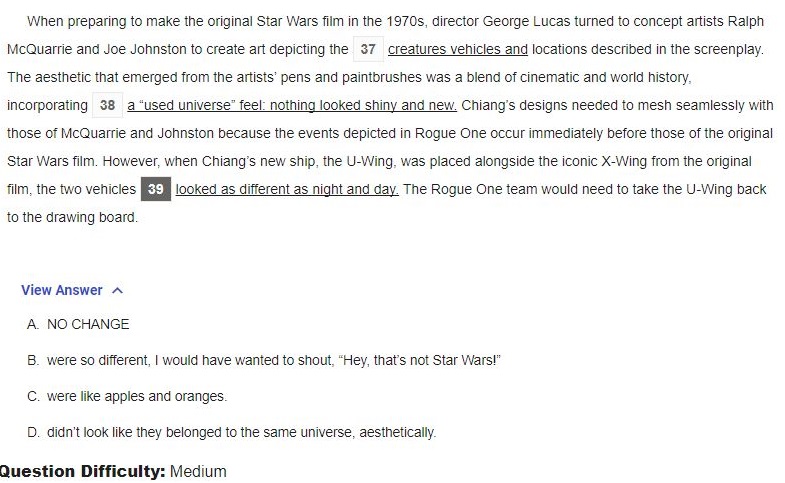Archive for Questions
can you not
Hidden behind the Keurig in our departmental office, I've been noticing a gawky, ungainly, stray coffee mug with these three words on the side:
can
you
not
No capitalization and no punctuation.
I was mystified. Whatever could that mean? I can imagine an arch, haughty, snotty person saying that to someone implying that they don't want the person to whom they're talking to do whatever it is they're doing. In essence, I suppose it means "You're bothering / bugging / annoying me"; "stop doing that"; "get lost".
Read the rest of this entry »
Questions and answers, part 2 (a veritable juggernaut)
In my experience, folks have different approaches / attitudes to questions (and answers):
1. some people love to ask questions
2. some people like to answer questions
3. some people don't like to ask questions
4. some people don't like to be asked questions
5. some people like to ask a question as a prelude to telling someone something
and so forth and so on, in any number of permutations and combinations.
"Mommy, guess what I saw at school today?"
"Daddy, guess what Joey told me yesterday?"
"Did you know that…?
"Do you know what that doohickey is for?"
Read the rest of this entry »
SAT: designs for Star Wars creatures, vehicles, and locations
An anonymous contributor was curious what the real and would-be copy-editors who hang around LL might make of the below — which may serve to represent for those unfamiliar what is actually going on within the so-called "Language & Writing" portion of our now-acclaimed, now-derided "Scholastic Aptitude [no wait Assessment] Test".
The anonymous contributor can give the correct answer later if it is not obvious; it was not to him.
SAT question
Read the rest of this entry »
Quotation query
The following English-language quotation is widely (though vaguely) attributed to Montaigne –see also here. But as far as I can tell, he never wrote the French equivalent:
Whenever a new discovery is reported to the scientific world, they say first, ‘It is probably not true.‘ Thereafter, when the truth of the new proposition has been demonstrated beyond question, they say, ‘Yes, it may be true, but it is not important.‘ Finally, when sufficient time has elapsed to fully evidence its importance, they say, ‘Yes, surely it is important, but it is no longer new.‘
Can anyone provide a citation to the original, whether from Montaigne or someone else?
Superb Owls
Query from a journalist:
I'm working on a piece on superb owls, which become popular around this time of year because of the Superbowl. Do you happen to know if there's a name for this phenomenon of splitting a word in a different-than-intended way to change its meaning? Have you come across other examples of this?
I come up empty (except for the examples in "Letters Witch"), but I bet commenters can provide other examples and suitable terminology.
Easy to Laugh
My friend James Cathey sent me an eyebrow-raiser this morning: “Here is a sentence that stopped me in my tracks: "Robinson, who has a warm voice and is easy to laugh, has a way of setting the record straight …" (TIME: March 12, 2018, p. 50)"
Jim says he could never say "is easy to laugh" in any context that he can think of, and asks “What is going on here?”
I could never say that either, but then I was also surprised at some of the meanings Russian reflexives (and Polish, etc) can have — not only reflexive, reciprocal, and 'unaccusative' (the door opened, etc), but also transitives with missing object and a 'habitual' meaning — I heard it used standardly for 'that dog bites'.
So “easy to laugh” feels to me not totally impossible, and maybe related to the connection between 'These plates break easily' from a transitive and 'He laughs easily' from an intransitive. In the literature I've seen plenty of discussion of the 'break easily' cases and don't remember seeing any of the 'laugh easily' cases.
Maybe also relevant that “laughable” is one of the relatively few -able words formed from an intransitive? But the sense of “laughable” is very different, seems related to a transitive ‘laugh at’ sense, whereas this one is clearly based on intransitive ‘laugh’.
From "reach out" to "outreach"
In response to "May I ask you a question?" (6/12/17), we've been having an energetic discussion about the origins and meaning of the expression "reach out", culminating (as of this moment) in Nick Kaldis' good question:
This topic causes an interesting related neologism to come to mind: when did “outreach” come into currency? Our campus has, for instance, a “Community Outreach” office.
Read the rest of this entry »
May I ask you a question?
Lately my more formal, stiff students (mostly undergrads) have been using the expression "reach out to you" when they want to ask me a question. I also notice that I'm receiving random inquiries from people I don't know who approach me with this opening.
There's definitely a surge of "reaching out". Two or three years ago, I only received messages with that beginning rarely, almost never, but now I get at least one a week.
Does anyone know when this way of couching a question started to become popular? Any idea of the context in which it began to be used so routinely?
Read the rest of this entry »

